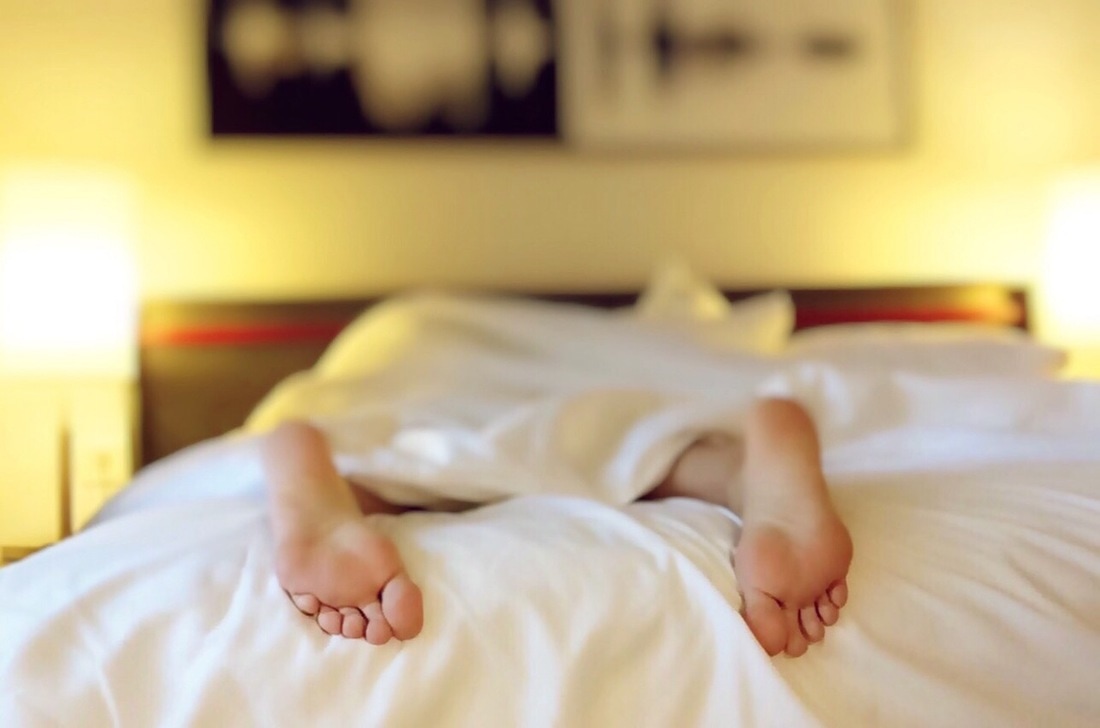|
You can’t expect to have a great day if you experience a horrible night. That’s why sleep is so crucial to performing at your productive best. But how can you increase your odds of enjoying a great night’s rest? You’ll find an awful lot of products that will promise you a better and deeper sleep. Everything from curated music to special blindfolds and electric blankets. But like most things in life, the best advice is usually simpler and a lot more effective.
Here are my 3 rules to getting a great sleep every night: Rule #1: No food 2 hours before bedtime Late night snacking can be so tempting. It’s been a few hours since you ate dinner and now you’d like to nibble on something. Just a few bites couldn’t hurt, could it? Eating later in the evening can have two negative effects. First, it requires the body to digest all that food and second, it gives us energy when we don’t need it. Our bodies digest food a whole lot better when we’re upright. When we lie down, our stomach presses up against our esophagus. Being in this position can cause heartburn and indigestion. Which is certainly not a good recipe for a great sleep. And no matter what we eat at night (healthy or junk food), it’s going to give us an increase in energy. As a result, the food we eat may influence us to stay up later than our desired bedtime. Rule #2: No screens 1 hour before bedtime You’ve probably heard about ‘blue light’ which is omitted from most of our electronic devices. Whether it’s a phone, TV, or computer screen, these devices produce a type of light similar to the sun's rays. As a result, it convinces our body that it is still daytime and not yet time to get ready for sleep. Some manufacturers are starting to produce devices that don’t have this ‘blue light’. But even if you own such devices, saying goodbye to all your screens early is still a good idea. Why? Because the content you are watching can have similar negative effects. Watching the news, replying to email, or browsing social media can over-stimulate your mind. These activities often bring feelings of worry, stress, or even jealously. Stories of war, messages from angry clients, and pictures of your friend’s vacations may have more negative effects on your sleep than you think. So consider alternatives including reading or talking with a good friend (and I mean using your mouth, not your thumbs). Rule #3: Stick to a regular bedtime Most of us wake up to an alarm in the morning. And the time that our alarm is set is usually the same each and every workday. But if the time you go to bed varies from night to night, your chances of getting the hours of sleep you need are greatly reduced. That’s why you may want to consider a bedtime alarm. To use a bedtime alarm, select a time 20 to 30 minutes before you want to sleep. That way, when the alarm goes off you can be reminded of what you should be doing to get ready for bed. It might include finishing the page you’re reading or making your way upstairs to your bedroom. We all have different nighttime routines. But a simple bedtime alarm can help you get the hours of sleep you need and set you up for a fantastic morning. Question: How do you set yourself up for a great sleep? Leave your answer in the comments below. And when you're ready, here are 2 ways I can help you: 1. Streamline Academy: Simplify your software and optimize your workday with exclusive training, courses, and live events. Explore the academy. 2. One-on-One Coaching: Get personalized software and productivity help so you can save time and work a lot less. Schedule a private session. Comments are closed.
|

